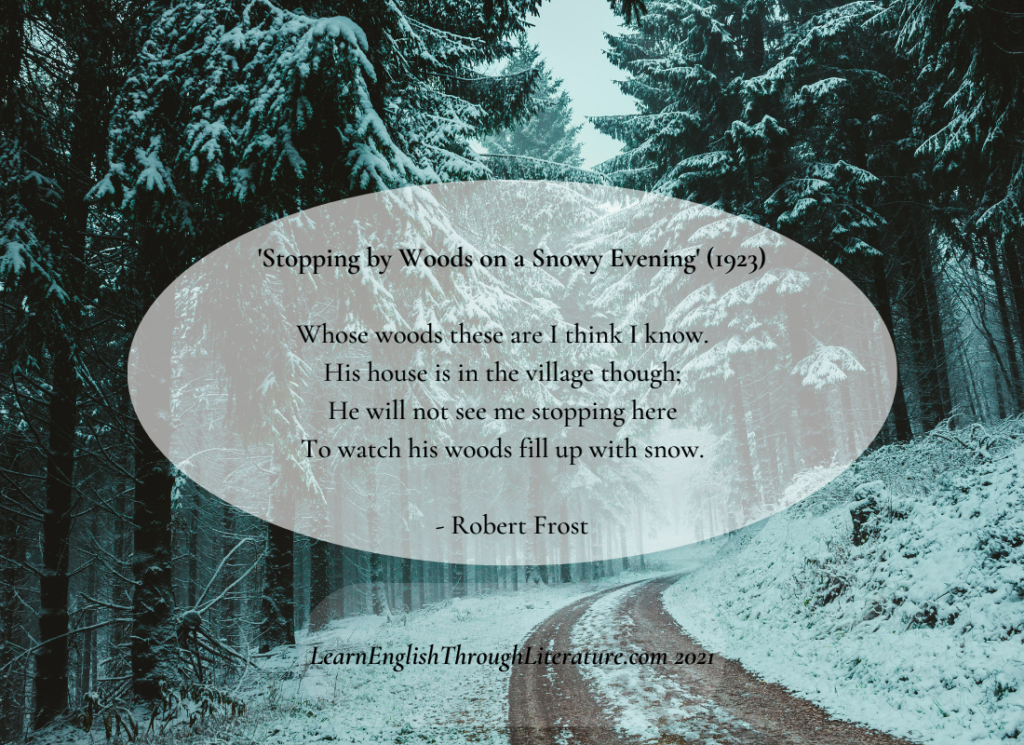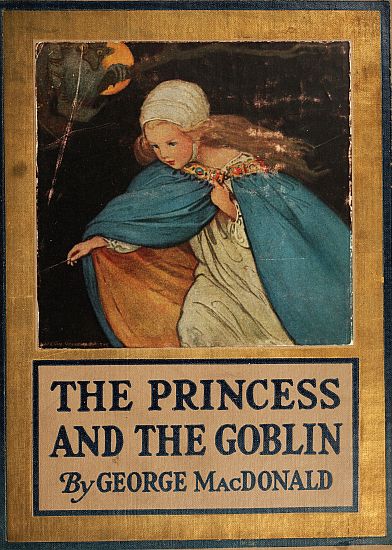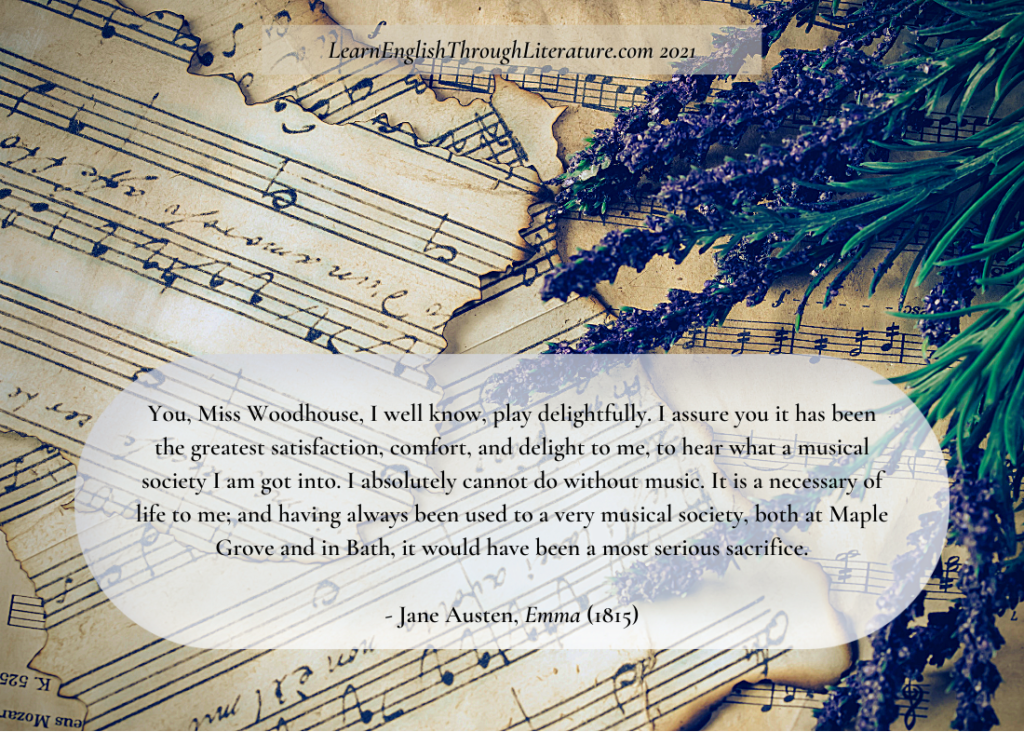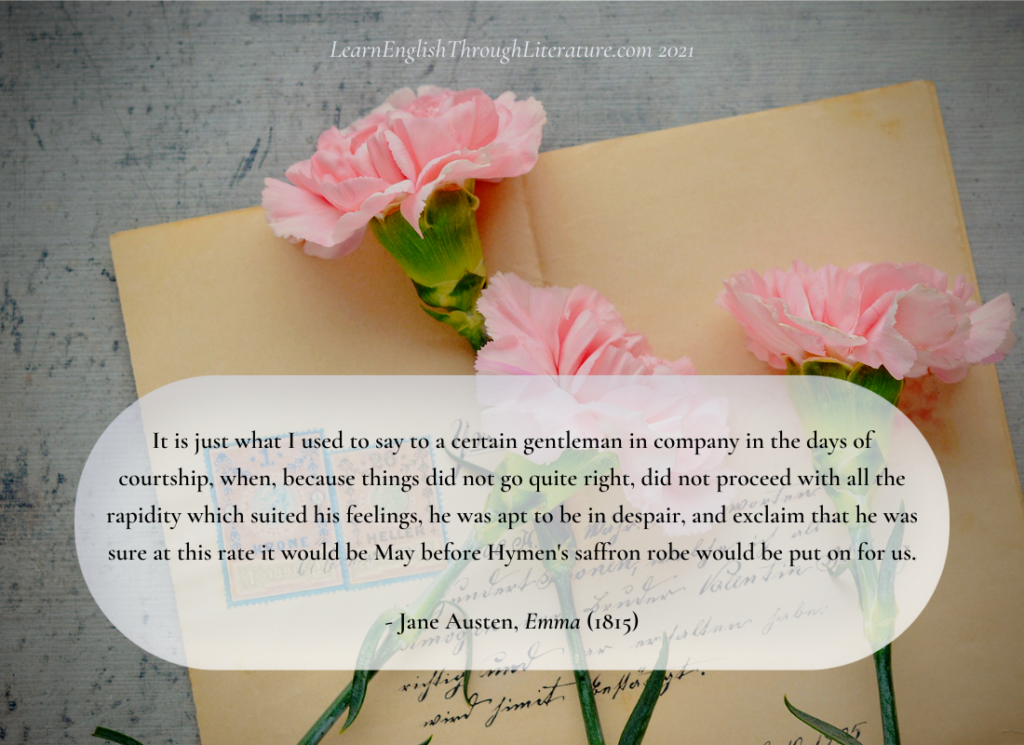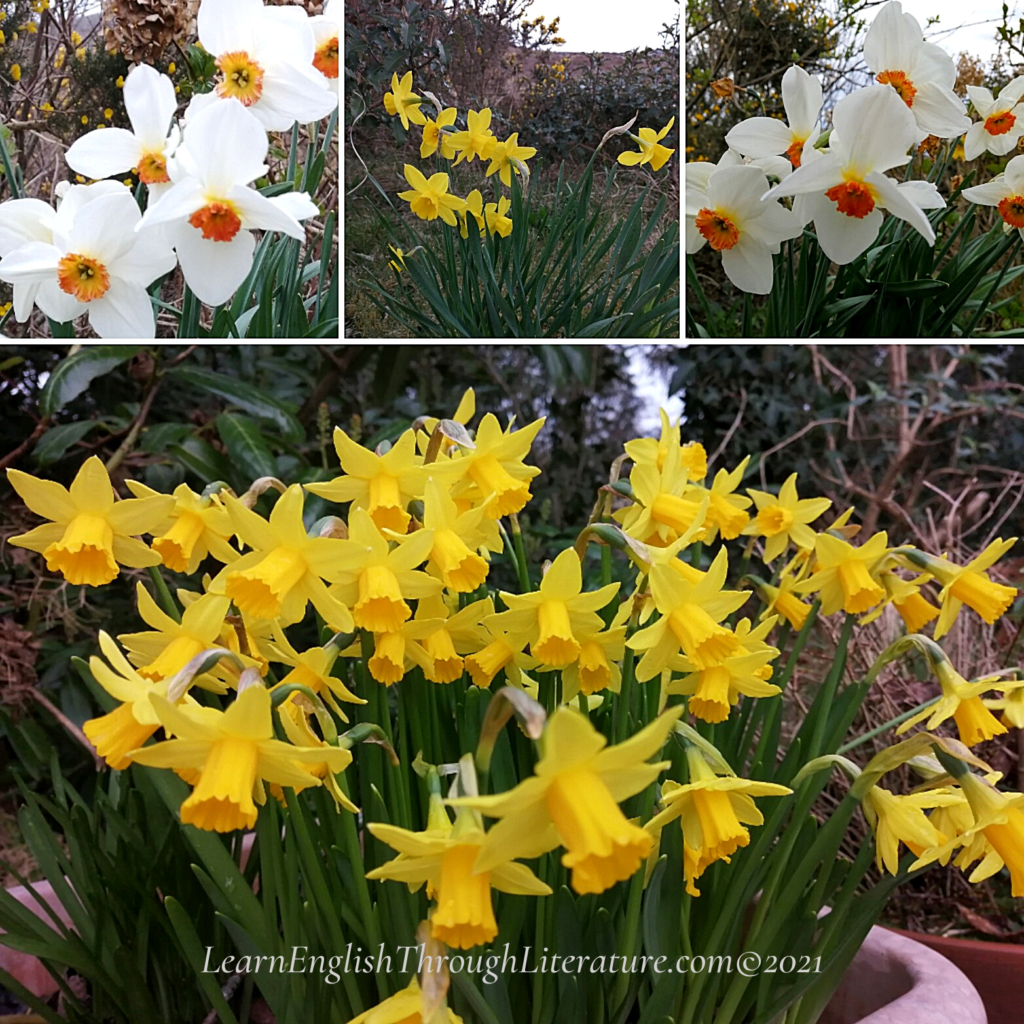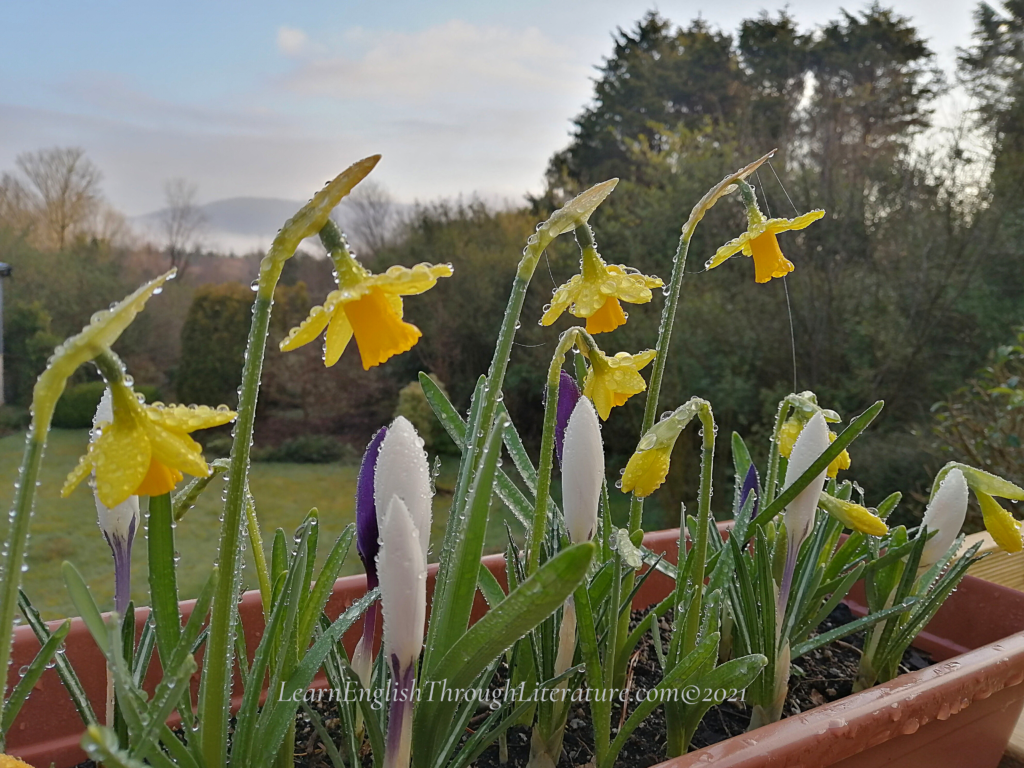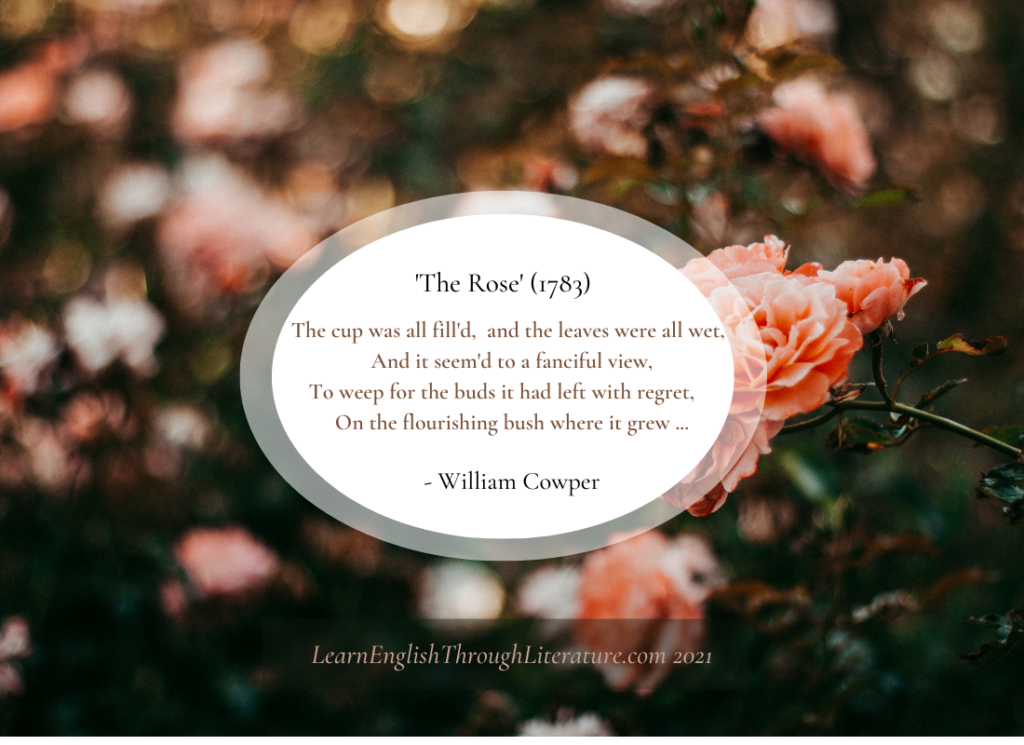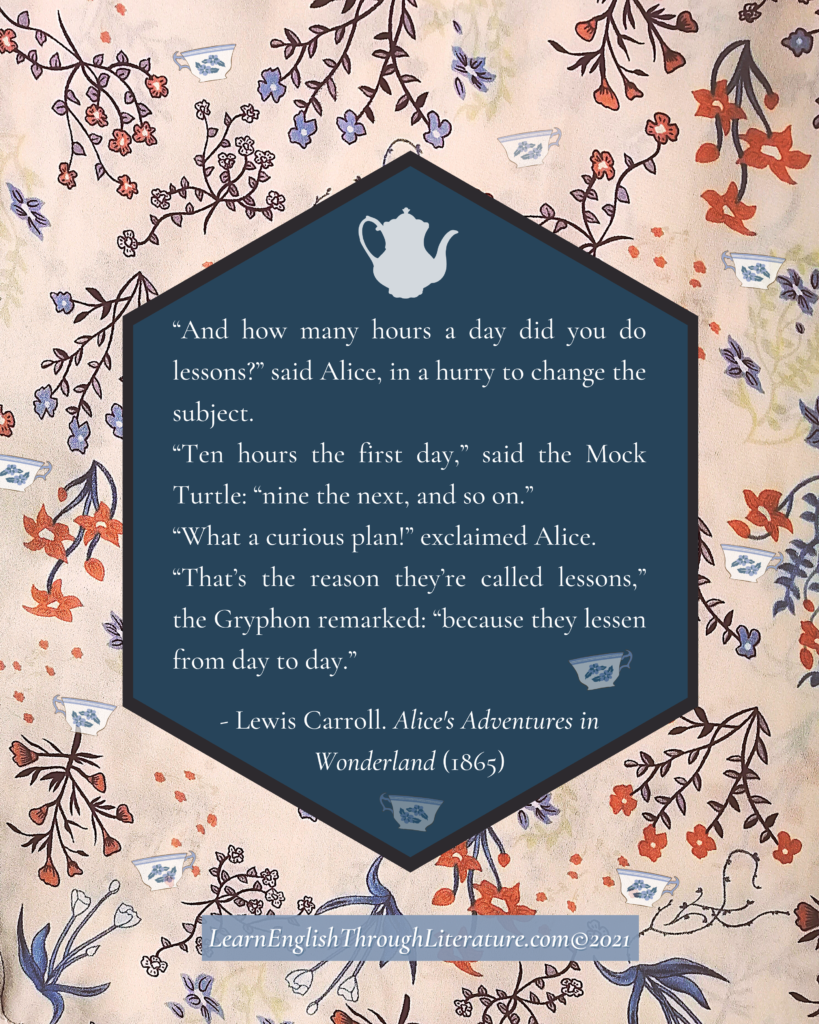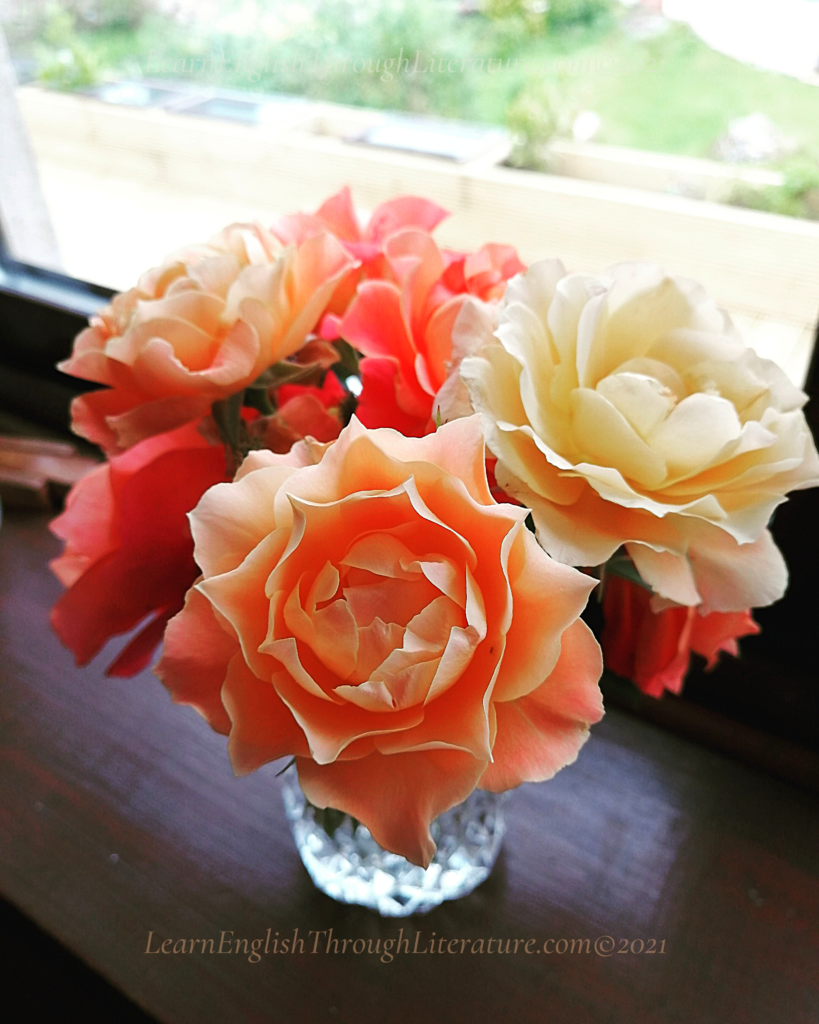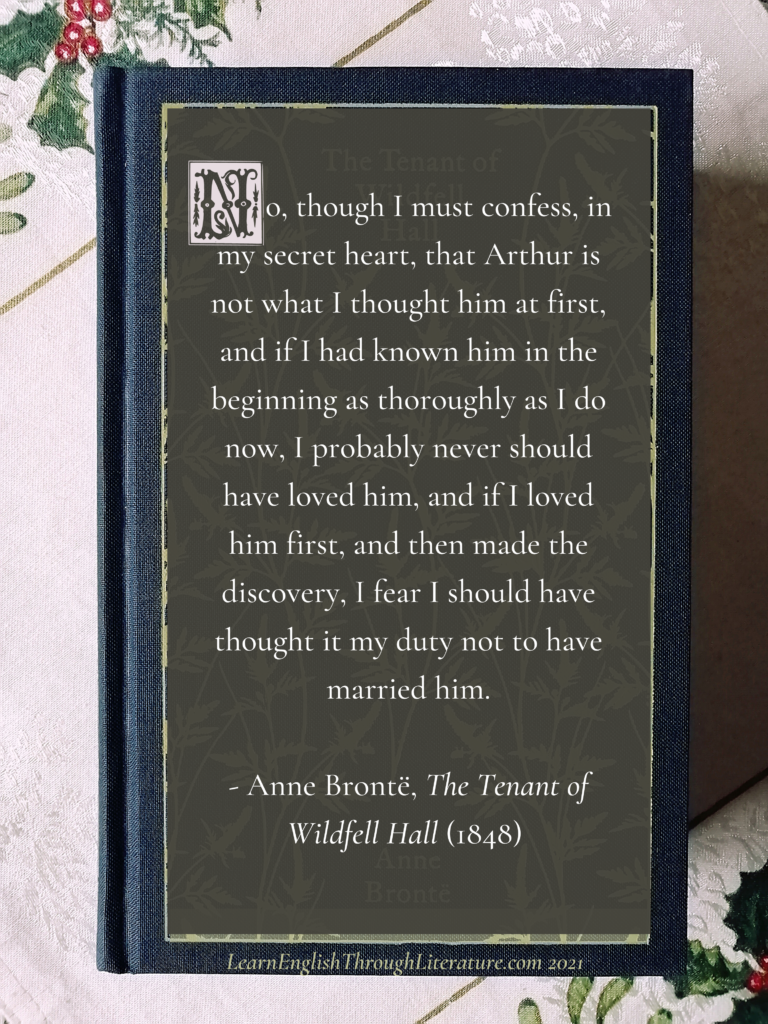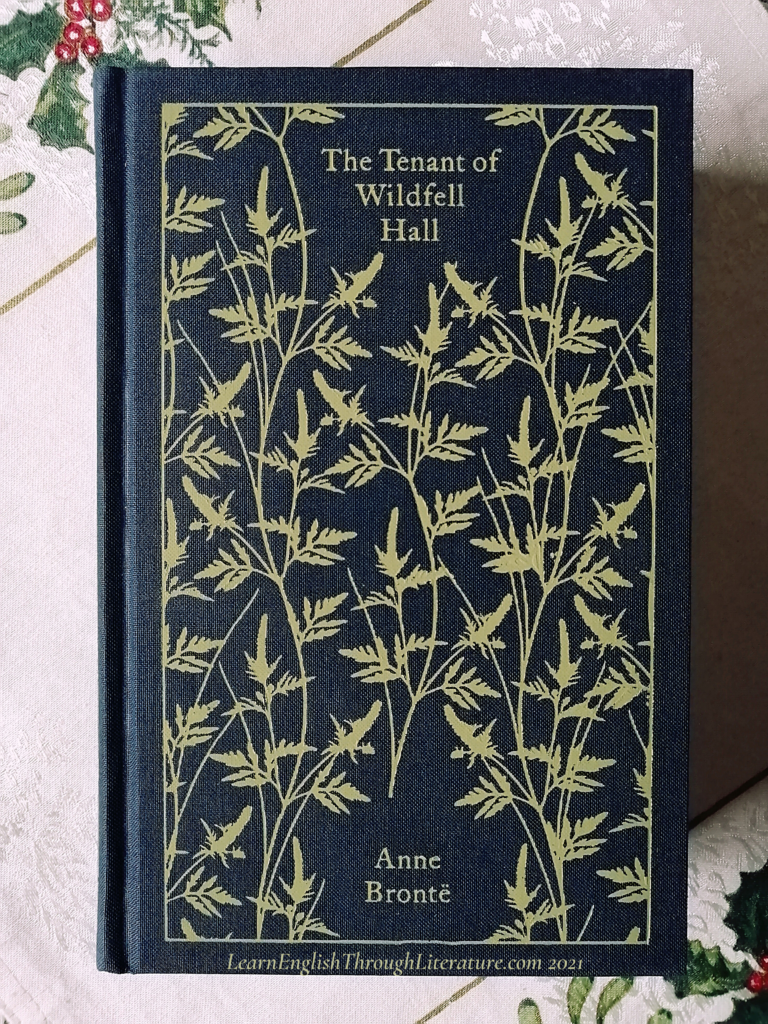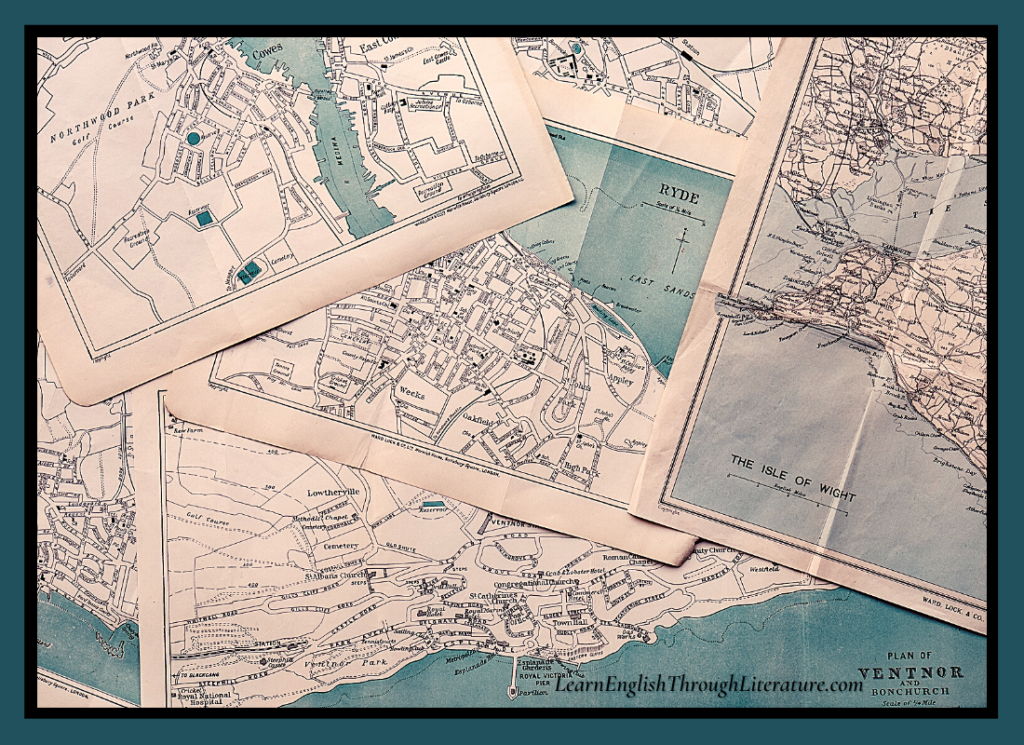Lesson #209: ‘Stopping By Woods On A Snowy Evening’: Reading aloud in English (and enjoying poetry at a new pace)
STOPPING BY WOODS ON A SNOWY EVENING Whose woods these are I think I know. His house is in the village though; He will not see me stopping here To watch his woods fill up with snow. My little horse must think it queer To stop without a farmhouse near Between the woods and frozen […]

